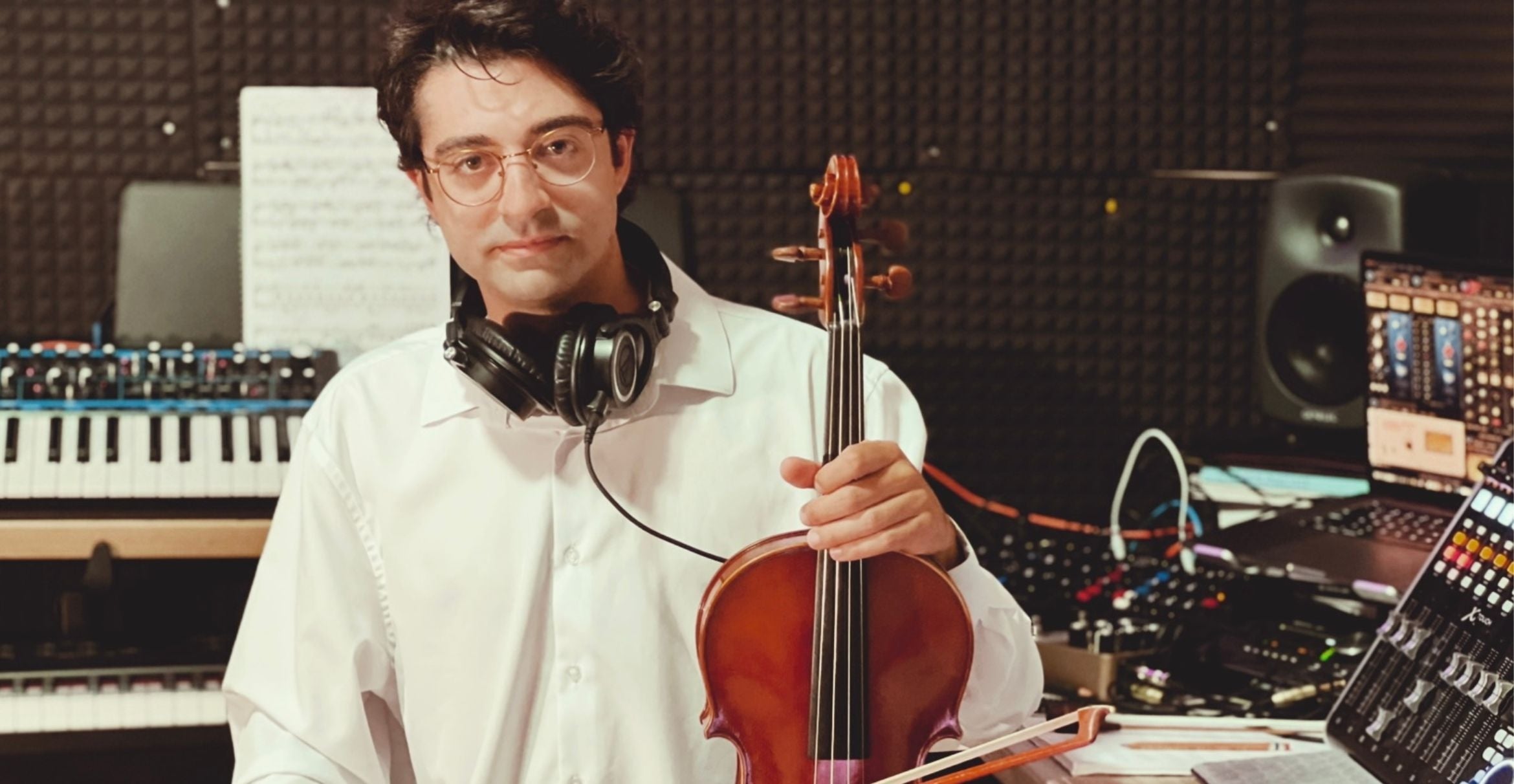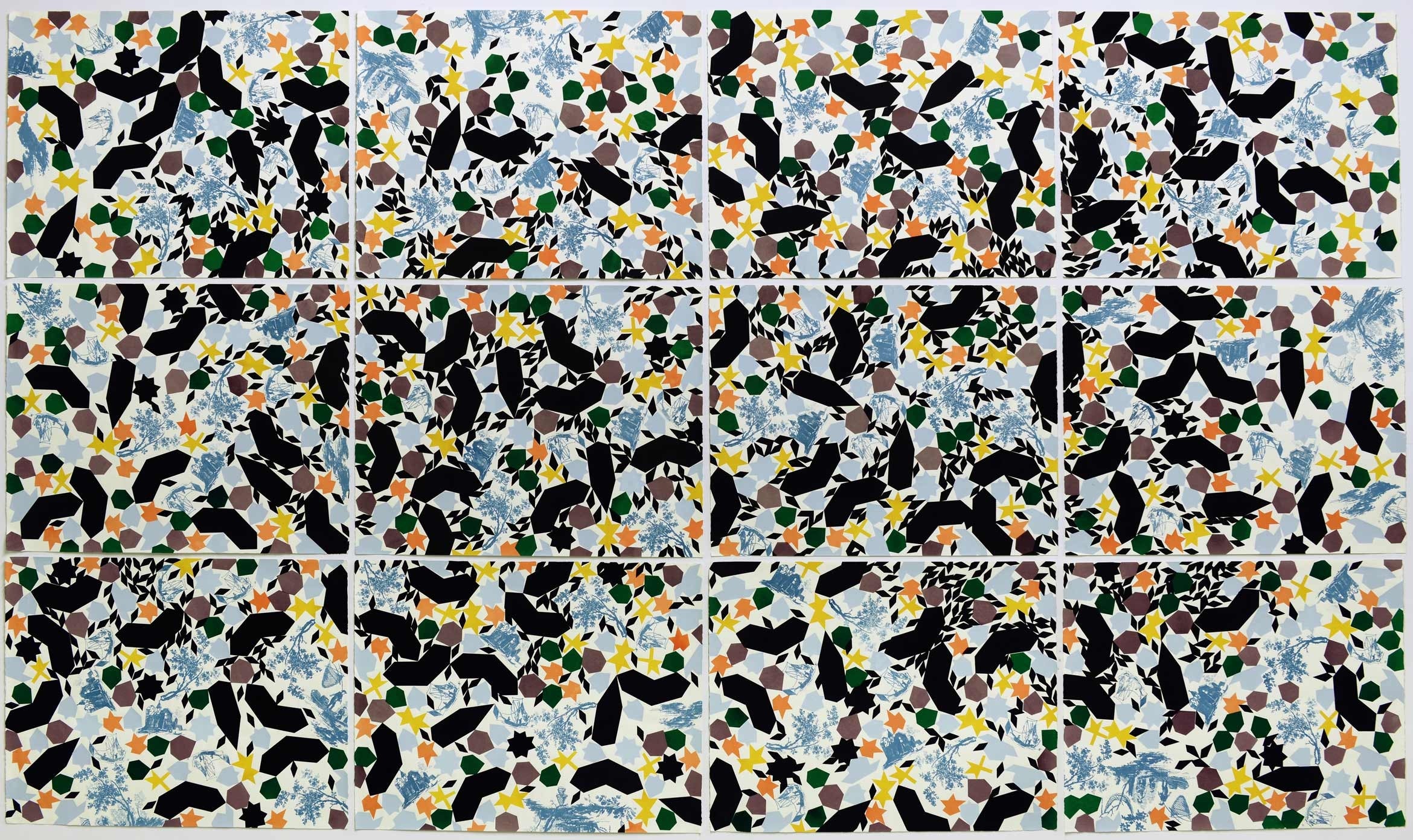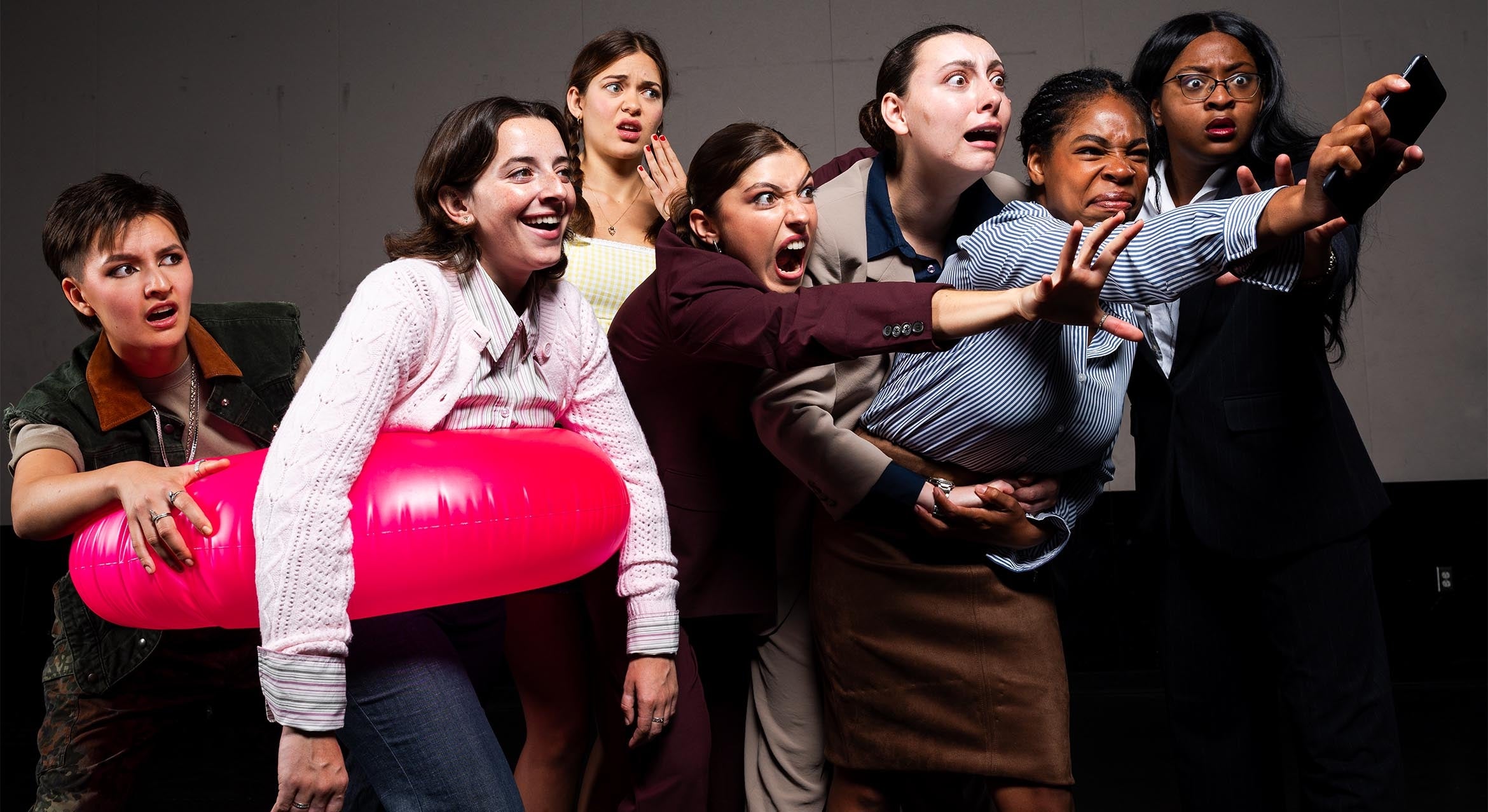What does it take for people in one part of the world to become so distressed by an environmental crisis thousands of miles away that they adopt that crisis as their own? Literary scholars, journalists, artists, and social scientists will meet at UC Santa Barbara for a conference addressing that question and others.
"Beyond Environmentalism: Culture, Justice, and Global Ecologies" will take place Friday and Saturday, May 22-23, in the McCune Conference Room, 6020 Humanities and Social Sciences Building. It is free and open to the public.
"In an age of global ecological crises such as climate change, political policy-makers and scientists are calling for narratives that address environmental problems unfolding on multiple scales," said Stephanie LeMenager, associate professor of English at UCSB and director of the American Cultures and Global Contexts Center, which is presenting the conference.
"Studies have shown that the apocalyptic rhetoric that inaugurated the era of environmental protectionism with Rachel Carson's ‘Silent Spring' now tends to inspire despair, because both the spatial and temporal dimensions of current threats are so great," LeMenager said. "Our key problem is how literature and the arts can facilitate the imagination of global ecological crises, since imagination affects memory and behavior."
The conference's keynote speakers are Ursula Heise, associate professor of English at Stanford University, and Elaine Scarry, the Walter M. Cabot Professor of Aesthetics and the General Theory of Value at Harvard University. Heise is a specialist in contemporary American and European literature and literary theory. She has published extensively on the ways in which global environmental crises impact the literature of the United States, Western Europe, and Latin America. Her groundbreaking book "Sense of Planet: The Environmental Imagination of the Global" was published last year by Oxford University Press. Her keynote address is titled "Last Chance to See: Extinction, Evolution, and the Imagination of the Global Future."
Scarry, also an environmental advocate and well-known public intellectual, has written extensively on the relation of justice to the arts. Her publications include "Who Defended the Country? A New Democracy Forum on Authoritarian Versus Democratic Approaches to National Defense on 9/11" (Beacon Press, 2003); "On Beauty and Being Just" (Princeton University Press, 2001); and "The Body in Pain: The Making and Unmaking of the World" (Oxford University Press, 1987). In her keynote address she will speak for the first time on the relationship between aesthetics and environmental justice, in a lecture titled "The Floor of the World."
In addition to the keynote talks, the conference will include a series of roundtable discussions and panels on topics such as "Environmentalism Across Media"; "Global Aesthetics, Global Ecologies"; "Justice, Proximity, Scale"; "Ecological Empires"; and "Post-Environmentalism."
Related Links



